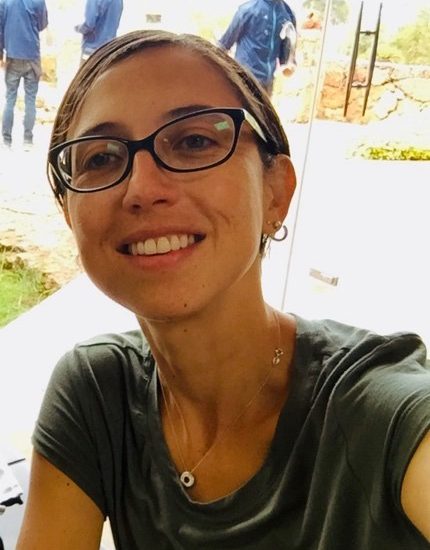Soledad Álvarez Velasco

Postdoctoral Researcher
Ph.D., King’s College London
Old Science Building, Suite 230
soledad.alvarez@uni-heidelberg.de
Biographical Summary
Dr. Soledad Álvarez Velasco is currently a postdoctoral researcher in CCS.
Dr. Álvarez Velasco holds a PhD. in Human Geography from King’s College London, a Master’s degree in Social Anthropology from the Universidad Iberoamericana (Mexico), and a Bachelor’s degree in Sociology from the Universidad San Francisco (Quito, Ecuador). She is a member of: the Critical Geography Collective of Ecuador, a collective of geographers, social scientists, and activists concerned with answering theoretical and practical questions about growing territorial tensions in Ecuador; Colectiva Infancia, an international research network specialized in analyzing the contemporary dynamics at work in the migration of children through the extended migratory corridor from the Andean Region through Central America and Mexico to the United States; as well as ObservaLaTrata, the Latin American Observatory on Human Trafficking and Migrant Smuggling.
Dr. Álvarez Velasco’s research investigates the nexus between irregularized transit migration, violence, and the capitalist state, particularly in the case of the extended migratory corridor from Ecuador through Mexico to the United States, and focuses on the production of Ecuador as a global space of transit used by Ecuadorean deportees as well as irregularized migrants from Africa, the Middle East, and the Caribbean Region moving towards the United States. Her research draws from perspectives in critical geography, critical migration and border studies, and feminist political geography. It combines a historical analysis with three types of ethnography: extended ethnographic fieldwork among migrants and deportees in Ecuador, a trajectory ethnography of migrants’ mobility projects, and, an ethnography of migrants’ digital space. Her research foregrounds the Andean Region, particularly Ecuador, as a key space for understating the dynamics at stake in the configuration of the extended migratory corridor extending from South America to the United States. Her work also analyzes how the externalization of U.S. border enforcement policies in South American states, together with the inconsistencies in their own national migration policies, serve a systemic global formation of selective mobility control.
Dr. Álvarez Velasco has also studied the irregularized movement of unaccompanied migrant children who transit through the extended corridor connecting South America with Mexico and the United States, as well as the transnational smuggling networks operating across it, and the physical and digital infrastructures involved in facilitating that movement.
She is the author of Frontera sur chiapaneca: El muro humano de la volencia: Análisis de la normalización de la violencia hacia los migrantes indocumentados en tránsito [Chiapa’s Southern Border: The Human Wall of Violence] (CIESAS-UIA, México, 2016), and co-author of Entre la violencia y la invisibilidad: un análisis de la situación de los niños, niñas y adolescentes ecuatorianos no acompañados en el proceso de migración hacia Estados Unidos [Between Violence and Invisibility. An analysis of Ecuadorian unaccompanied children and adolescents in the migratory process to the U.S.] (Quito: SENAMI, 2012).